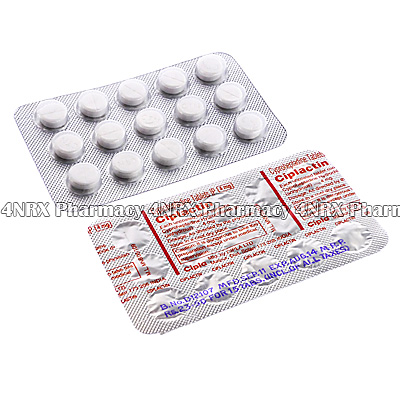 |
Home  Allergies Allergies  Ciplactin (Cyproheptadine) Ciplactin (Cyproheptadine) |
|
|||||||||
|
Ciplactin (Cyproheptadine)
What is Ciplactin (Cyproheptadine) used for? Ciplactin (Cyproheptadine) is used to treat the symptoms of allergies, such as sneezing, watery eyes, runny nose and other symptoms. This drug is a type of antihistamine, that works by blocking the action of chemicals in the body known as histamines, which cause these allergic reactions to occur. How should I use Ciplactin (Cyproheptadine)? Ciplactin (Cyproheptadine) tablets should be taken orally. Patients should take this medication 2 to 3 times daily, or as directed by their physician. The exact dosage varies, depending on the condition being treated and the patient's response to therapy. In children, the dosage is also based on weight. Therefore, patients should always consult their physician before taking this medication so that the correct dosage can be prescribed. What are the side effects of Ciplactin (Cyproheptadine)? Some side effects which have been reported by patients taking Ciplactin (Cyproheptadine) include:
Consult your physician immediately if any of these side effects persist or worsen, or if you notice changes in mood, unusual excitement, difficulty urinating , a fast pounding heartbeat, hallucinations, seizures, persistent vomiting, severe stomach pain, yellowing of the eyes or skin or unusual fatigue. Please Note Strictly follow all instructions provided to you by your physician or pharmacist while using Ciplactin (Cyproheptadine). Optimum and safe dosage can differ based on the patient and the condition being treated. As this medication may be unsafe for certain patients, it is essential you always inform your physician if you are pregnant or breastfeeding, as well as if you have any allergies, other illnesses, or ongoing health conditions, especially asthma, glaucoma, thyroid problems, heart disease, kidney problems or hypertension, and if you are taking any other form of medication, supplements, or herbal products. This medication should not be given to children unless told to do so by a physician. Immediately seek emergency medical care if you have any allergic or hypersensitive reaction. Common signs of a reaction include hives, swelling, skin rashes, chest pains, as well as trouble breathing or swallowing. 


|
|||||||||||||||||